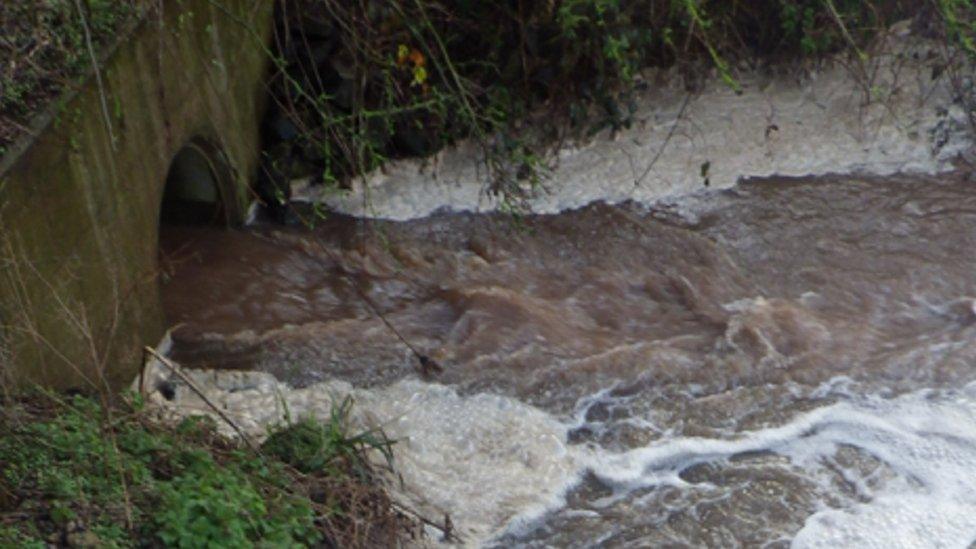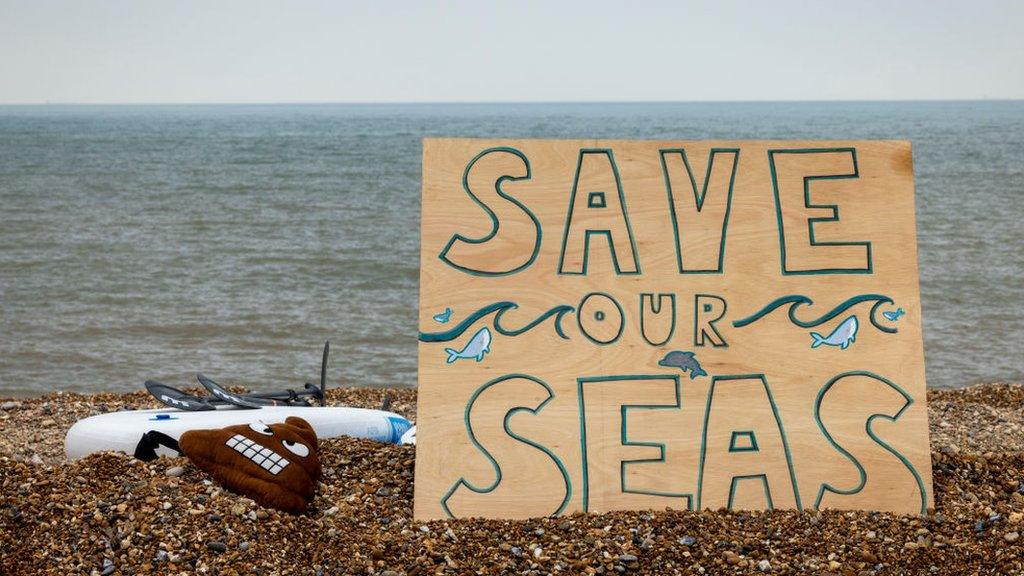Severn Trent to tackle sewage spills ahead of target
- Published
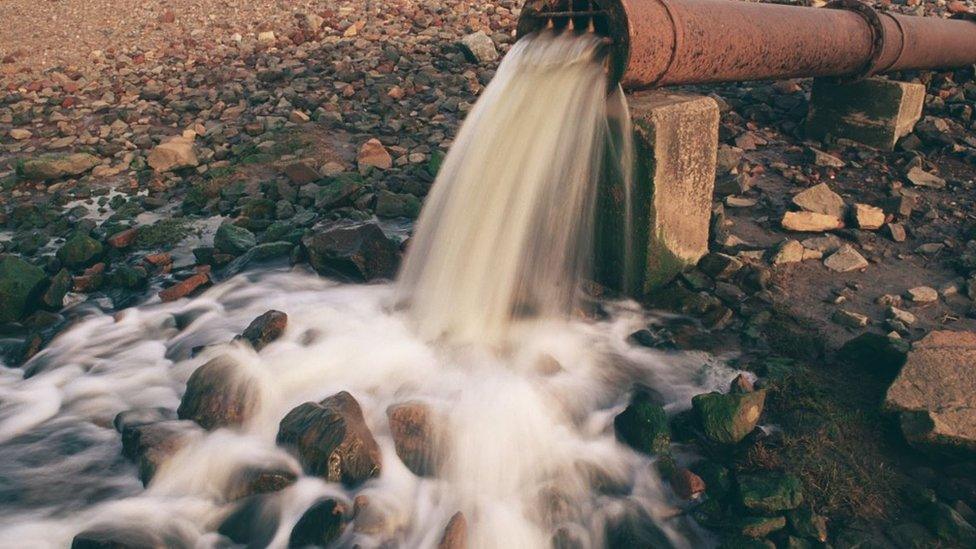
Severn Trent serves 4.8m homes and business customers in England and Wales
Severn Trent Water has set out plans to tackle the harm caused by sewage spills five years ahead of government targets.
In a document submitted to regulators, the firm said it would invest almost £7bn in wastewater treatment, including improving storm overflows.
"We want to go further and faster than we've been asked to do," said customer operations director Steph Cawley.
The government requires providers to invest £56bn over the next 25 years, external to reduce the use of storm overflows.
Severn Trent's plans form part of its wider £12.9bn investment programme, which aims to create 1,500 jobs over the next five years.
"We are responsible for 13% of the reasons that rivers in Shropshire aren't in good ecological state and we absolutely want to address that and get that down to zero," said Ms Cawley.
"We're aiming to remove the harm caused by CSOs (combined sewer overflows), external five years ahead of target."
Water and sewerage companies are responsible for CSOs, which are used as overflow valves when sewage treatment works are unable to deal with excess volumes of waste and rainwater.
They aim to reduce the risk of sewage accumulation flooding homes, roads and open spaces.
Environment Agency data from 2022 revealed an average of 825 sewage spills into England's waterways per day.
A total of 44,765 spills were recorded for Severn Trent over the same year-long period.
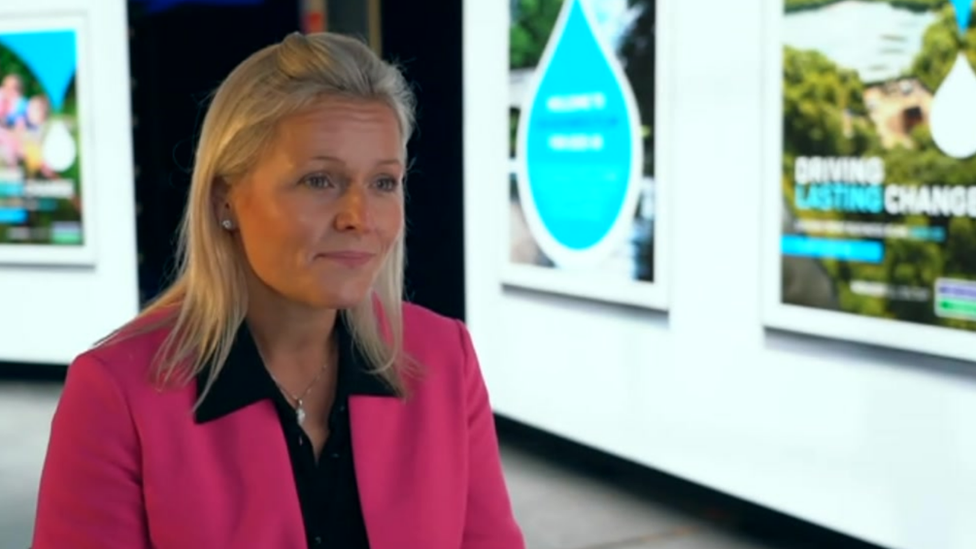
Liv Garfield said the £12.9bn investment would bring "massive benefits" to the West Midlands region
Severn Trent's chief executive Liv Garfield said it had surveyed 68,000 customers and there was 76% support for the plan of work.
"It brings some massive benefits to the region," she added.
A large amount of the money needed will come from investors, including from Qatar.
But the water company also warned householders would see bills go up over the next seven years from an average of £1.15 a day to £1.47 a day by 2030.
Ms Garfield said there would be support for customers who struggled to pay, but over the course of seven years the price increase was "quite static actually".
"We do not enter into a bill increase lightly," she added.
While she said Severn Trent was a "good company", she pointed out it also had to make money.
"We do need to be a company that has a future and to have a future you do have to make a profit," she said.
Your device may not support this visualisation

Follow BBC West Midlands on Facebook, external, X, external and Instagram, external. Send your story ideas to: newsonline.westmidlands@bbc.co.uk, external
Related topics
- Published5 September 2023
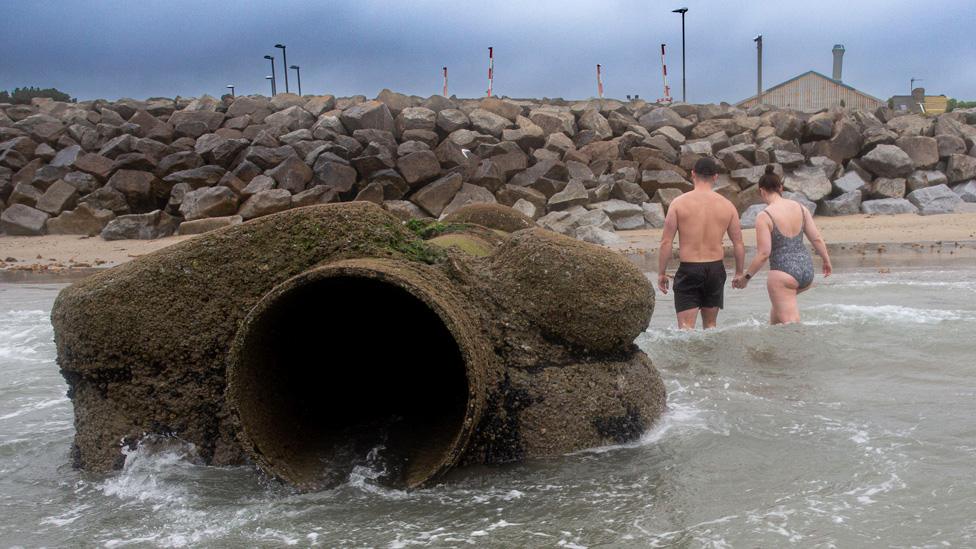
- Published29 September 2023
- Published6 September 2023
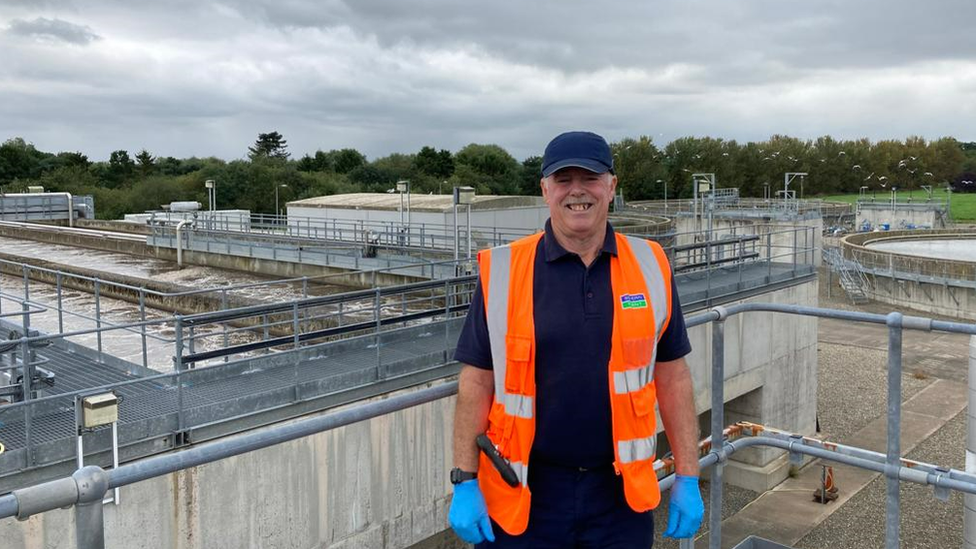
- Published7 July 2023

- Published20 June 2023
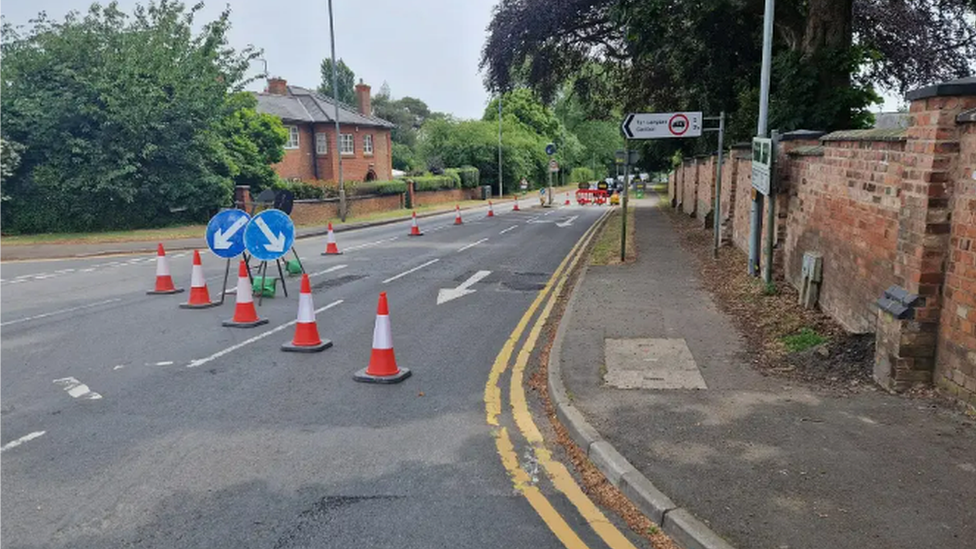
- Published24 May 2023
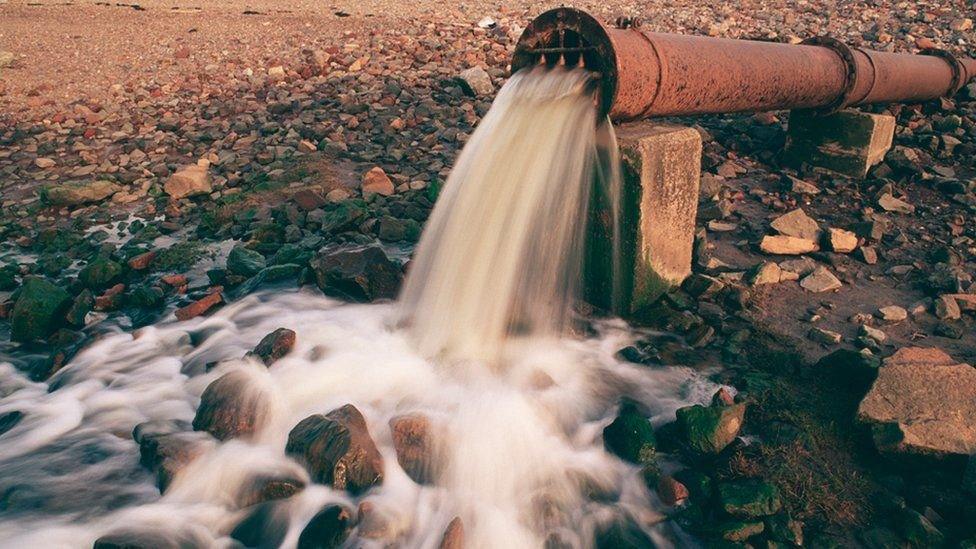
- Published31 March 2023
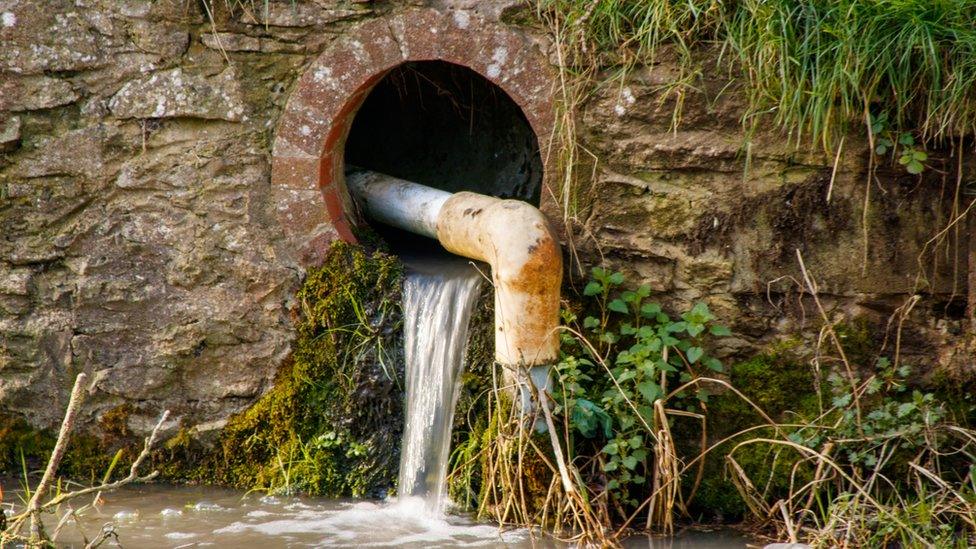
- Published17 April 2023
